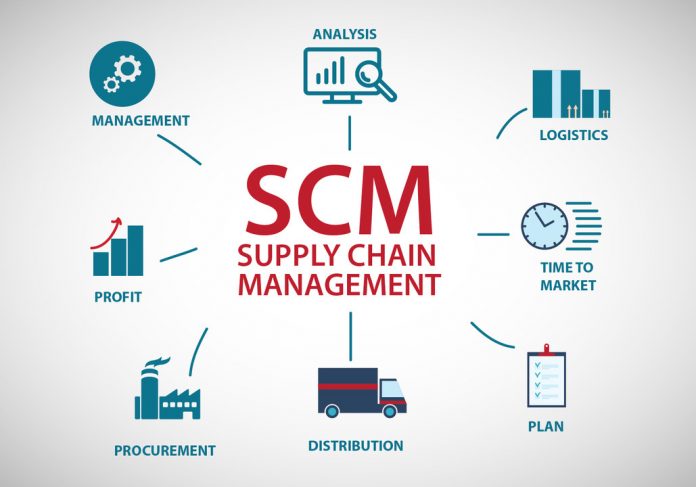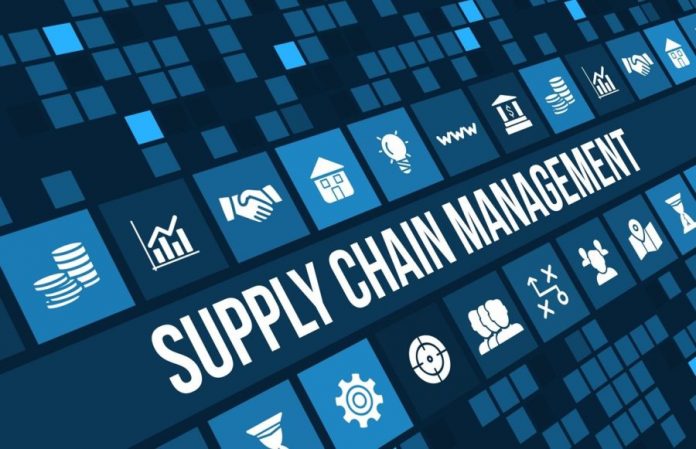Whether you’re just getting started in supply chain management or are a veteran, you’re likely to see many misconceptions about this vital field. Below are some of the most common myths about supply chain management that we’d like to dispel.
And if you’re a supply chain manager who wants to sleep better at night, consider storing your vital data in the cloud for ultimate security and access by checking out this link.
1. You Need An Engineering Degree

You can become a vital cog in the supply chain management field with many different degrees. Some professionals enter the field with a liberal arts degree, while others find a finance degree a good fit in the supply chain profession.
While professionals with an engineering background are important, so are business, analytics, communication, and writing skills.
2. Automated Supply Chains Are Superior
It’s common for some companies to overvalue an automated supply chain, and that can cause problems. For example, there was a successful company that released a popular all-electric vehicle. As production increased, it had difficulties producing enough cars. The biggest reason was its manufacturing plants were over automated. The company reviewed what Ford and GM do and thought more automation would be better.
But many experts argue this isn’t how an optimized manufacturing facility should function. Products need to be flowing consistently and according to the business strategy. The idea is not to maximize production but optimize it.
Automation’s strength is doing things fast, but it might be inflexible. The company found it had to remove some automation because it wasn’t as efficient as possible.
The same issue can crop up in warehouses and distribution. Where there is no troubleshooting or flexibility needed, a completely automated warehouse can work. But if orders get complicated and specialized, too much automation can cause problems.
3. Cost-Cutting Is Everything

It’s true that cost pressures in supply chain management are real and require plenty of attention. But many professionals in the industry stress that the job isn’t to cut costs: It’s to eliminate waste and boost efficiency, which leads to lower costs.
Some say that it’s in the supply chain that spending more money can make sense. Spending some capital to enhance efficiency (such as getting every shipment delivered within 48 hours) could lead to higher sales.
However, some professionals are under so much pressure to lower costs that costs go up or sales decrease in the long run. The problem is focusing too much on short-term costs instead of long-term profits and efficiency.
4. Data Rules, Not People
It’s valid that data should inform your supply chain decisions. However, effective management is about craft as much as untold terabytes of data. All that data only gets you so far without proper analysis by skilled professionals.
Some business leaders say that data can mislead you if you don’t know what to look for. When you look at data the wrong way, it can lead to big mistakes.

A reliable supply chain manager always wants more data. But it’s also vital to know how to manipulate and view that data and understand what’s happening.
For example, say your client complains your service is worse than last year. Data supports the complaint: It takes 24 days to deliver the product, an increase of two days from last year.
The data doesn’t inform you what’s causing the delay. We don’t know if it’s because of inefficient HQ operations, whether a trucking company went out of business, or hurricane-affected delivery routes. Responding to that data requires an experienced professional who can ask the right questions.
5. Supply Chain Management Is Dull
An expert in logistics might not be the life of the holiday party, but the field is fascinating and constantly changing.
This myth persists because most of us don’t even know what the supply chain is. For instance, when students begin to mull their career options, they might connect the supply chain to its less strategic roles. If a student told her parents she wants to work in this field, they might think she wants to drive an 18-wheeler!
Another thing people don’t grasp is that working in the supply chain requires always making vital decisions that can affect the entire enterprise. You will decide about every part of the supply chain – from procurement to product design to materials management to transportation and distribution.
Every day is different from the last.
6. Humans Are On The Way Out In Supply Chain Management
Rapid progress in technology and automation is leading to significant changes in the industry. It’s possible that some human tasks could be eliminated down the road. But outstanding communication and building relationships are still essential in the job today and always will be in the future.

7. Only Men Work In The Supply Chain
Wrong! Recent statistics show that women are nearly 40% of the workforce in supply chain management.
8. Supply Chain Work Is All Intuition And Experience
Decades ago, many decisions were based on business and industry knowledge instead of data. Human insight still has its place, but attempting to manage a global supply chain today by instinct is a mistake.
Digital technology today makes it much easier to use data from warehouses, networked devices, and real-time sales reports. This lets supply chain managers quickly handle capacity, transaction data, and delivery schedules in real-time. Then, this information can be analyzed and made into actionable data.

9. Low Inventories Are Ideal
Many professionals are obsessed with controlling costs, so keeping inventory low is ideal. However, this can enhance your financial risk. It’s possible to keep inventory so low that you lose sales, and then your ‘cost control’ efforts are losing the company money.
It’s key to remember that having a lot of inventory isn’t always inherently wrong; it can soon be a sign of a boom in demand.
Now that you know more about supply chain management, perhaps you’ll consider making a move into this fascinating, ever-changing profession.









